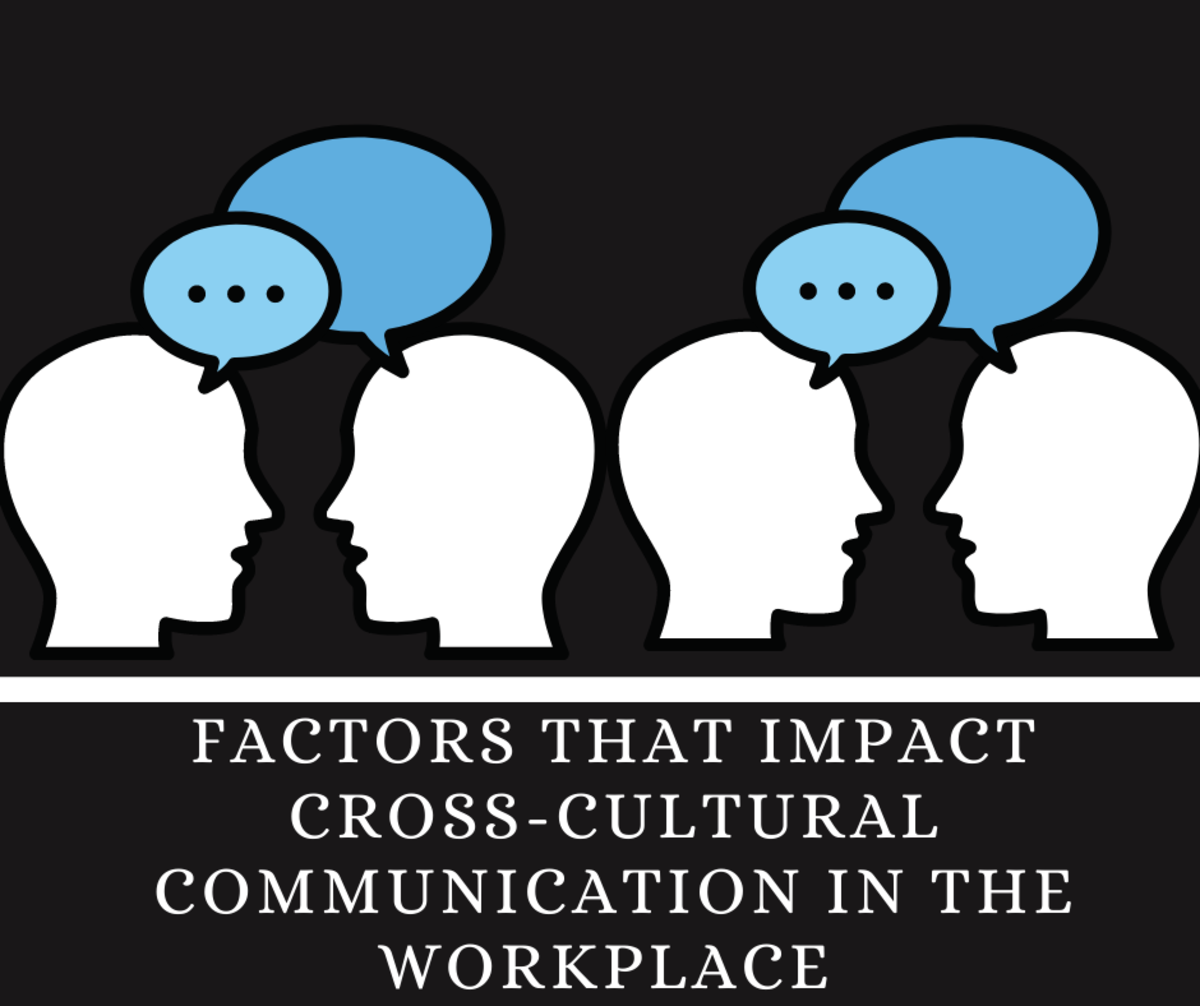Corporate Jargon and What They Really Mean to Employees

Is it a compulsory to throw around corporate jargons around the workplace? The truth is, I’m really sick at many top executives, middle managers and even rank and file who blindly toss around “big words”, in the hopes of sounding intelligent. Much to my amusement, most vaguely understand what they really mean. Sure they sound corporate savvy (if there is even such a phrase) and appear competent. But chances are such misuse of these terms creates communication bottlenecks across the organization.
In no particular order, here are some of the grossly misused and annoying corporate lingo and what they mean to employees:

Gossip breaks teams
Office gossip can break up teams and put a strain on office relationships. Learning how to deal with office gossip will improve productivity and relationships in the workplace.
Synergy
It’s been represented by a mathematic formula that my elementary teacher will gasp in disbelief (1 + 1 = 3). I must confess I’ve been known to use this. But after all the years of using and preaching the concept behind this term, it still surprises me that many fail to get its meaning.
For many employees this means:
- More work for me for the greater good of the company
- As if I don’t have enough work to do
- Synergy, smynergy
- Additional work, no additional pay
- Boss to employees: Let's work together, you do this, he'll do that. I'll be in my office. Email me your questions you have any.
Team-building
Here’s another term ubiquitously thrown in the business world. You've probably been part of one. You've probably participated in one. The idea behind team-building is noble. But many companies simply take this concept and condense it into a day of running around and getting employees dirty. This abridged version of team-building clearly misses the point. But it can be fun!
What employees see:
- A day outside the office - YEY!
- Excursion courtesy of the company
- A day to get even with the audit department…dodgeball anyone?
- Will the CEO join us in the games – fantasies of payback

Empower
This big corporate word has truly got the workforce going. Well, literally going. It’s short of saying I have no time to do this so I’m passing it on to you. In the guise of trust or even learning experience, this term is a euphemism for “here’s another job that you might not do well, but I’m still giving it to you”.
But to an employee, empower means these:
- I’m the fall guy if anything happens
- Empower – the lack of accountability of my boss to do his job
- What the @#*%…more work
- Your empowerment is nice but Ineed cash
Multi-tasking
This term is all over the business world. Just take a look at job ads and you’ll pass out at the sheer volume of this term. Without a doubt, it has permeated into the consciousness of employees and job seekers as it has become a buzz word in offices.
But after the allure of the term has reached its zenith, employees are basically overworked.
Here’s how employees see multi-tasking:
- Another cost-cutting measure of the company
- Someone resigned or got fired again
- Why me? Get someone else to do this
- Multi-tasking - a legally acceptable form of slavery in the workplace
- Darn! Why did I put multi-tasker in my resume?!

Prioritize
Prioritize is another bane in an employee’s life. Even top sellers and self-help gurus advocate this. Of course it has its value in productivity but like many other corporate lingo, it has been abused and misused repeatedly. How do you prioritize when every boss dishes you a priority task every time? How do you deal with all documents marked as rush?
In the eyes of an employee:
- Rush, rush , rush
- Prioritize this I’m higher than you
- I’m the boss, do this now
- What’s your bid to get your paper prioritized? Going once, twice, thrice! Priority goes to the guy whose willing give me free lunch today
-
Reading between the lines: pRIOriTize
Leverage
In business, this refers to how a company or a person can make use of the situation or environment to his advantage (ideally for the benefit of the company, but hey, leverage has its perks). Initially I used chess to describe this concept. Here, pieces are moved and occupy significant positions. In many instances, trade offs are made to gain advantage. These hidden strategies and events can influence the outcome of the game or in our case the business. Sure, it can be ambiguous, or it can be clear cut. But regardless of how it is used, the drama behind it makes a good plot for a TV series.
Leverage in the eyes of many:
- Secrets you can hang over someone else to do your bidding
- The more dirt you have on someone, the more leverage you have
- Devious, scheming, manipulative, shrewd, sly, crafty, deceitful…help me out, I’m running out of synonyms.

How's your workplace?
No office is perfect. It can always use some tweaking - some may require an overhaul. But the fact is, every employee can make a difference. Here's one that focus on productivity:The Art of Looking Busy – Improving Corporate Culture and Performance
Corporate Vision and Mission
The Vision and Mission of the company is the core on which every decision is anchored. But in more recent times, the vision and mission has lost its place in employee psyche. Gone are the days where employees know these by heart and use it to guide their every move.
Today’s corporate vision and mission:
- Nice wall décor
- Are you telling me we're supposed to do this?
- Remember this, this will be in the corporate profile test
- Vague words to boost the morale and spirit of the employees
- A compendium of words skillfully stringed together but still lacks meaning to my daily existence - in short meaninngless clutter
- What, our vision and mission? Wait, I’ll Google it first….
Corporate lingo is dynamic. The buzz words today may be different a year from now. But some of these business jargons have been engrained in our hearts and have become part of our consciousness. Whether we have the right meaning attached to them or not, it shapes the way we interact in the office. Communication as everyone knows is vital to any business organization. However, are we truly communicating properly?








